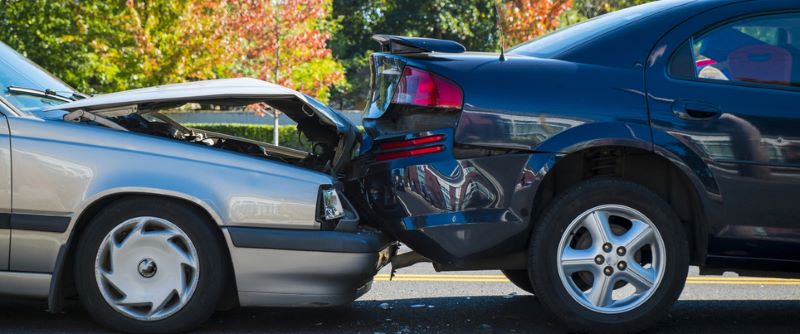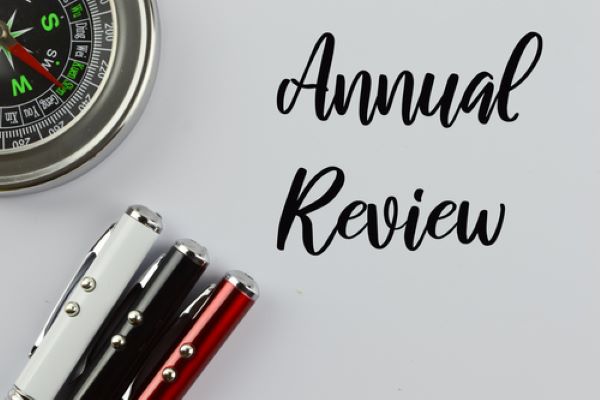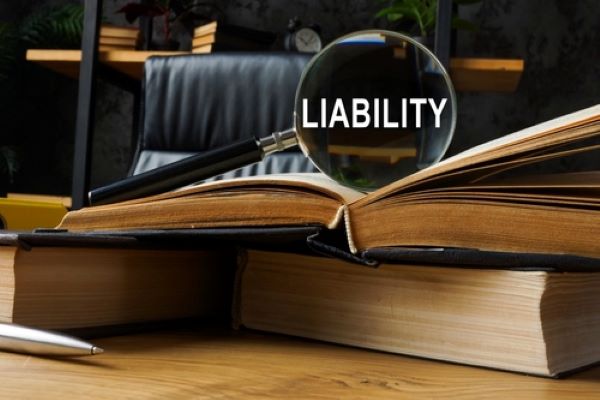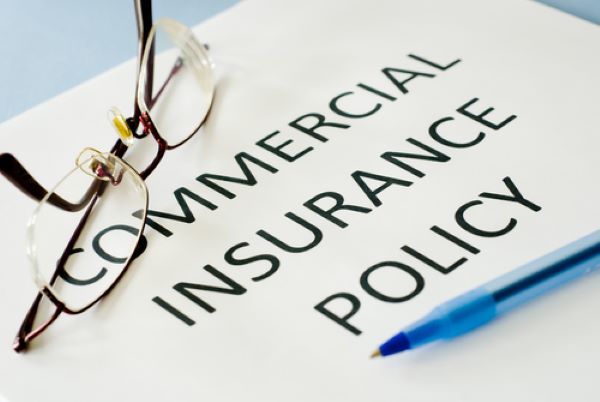 |
| By | March 1, 2023 |
In 2019, over half of the 12.15 million vehicles involved in collisions in the U.S. were passenger cars. When it comes to car insurance, it can be overwhelming to find the right policy to suit your needs, as there are many different terms to get familiar with. In this article, we'll review 10 important terms you should know before signing up for a car insurance policy.

10 Auto-Insurance Terms You Should Know
Adjuster
At the crux of auto insurance is the adjuster, a professional tasked with the responsibility of evaluating a claim to determine whether or not it merits coverage under the policy. This individual takes on the claim, investigates the extent of the loss, and assesses the amount payable by the insurance company. The adjuster conducts interviews, inspects the accident site, reviews police reports, and collects witness statements to make an informed decision.
Covered Loss
Covered loss refers to the financial compensation your insurance provider is obligated to provide in the event of an accident causing harm to you, your vehicle, the other driver, or their vehicle. Keep in mind that the extent of coverage is contingent upon the specific coverages purchased; which is why it is important you pay attention to the list of covered losses or causes of damage outlined in your policy to avoid potential coverage gaps.
Deductible
Your deductible is the amount that you are responsible to pay for in the event of a claim. While you are able to opt for your preferred deductible amount, note that a lower deductible corresponds to a higher premium and a higher deductible translates to a lower premium.
For example, the deductible on your comprehensive insurance is $500. A tree falls on your car, causing $5,000 in damage. Insurance would contribute $4500 while you would contribute $500.
Declaration Page
An auto insurance declaration page is a document that outlines your insurance policy. It includes essential information such as your name, policy number, and effective dates, along with the coverages, limits, and deductibles governing your policy.
The declaration page is typically the first page of your insurance policy and should be kept in your vehicle in case you are ever in an accident.
Limit of Coverage
Each insurance policy comes with a limit of coverage which determines the maximum amount your insurance provider is liable to pay for specific coverage in the case of a claim. The minimum limits of insurance coverage mandated by each state vary, and it is a legal requirement for drivers to carry the minimum limits to operate their vehicles. However, note that adequate attention to coverage limits is necessary to ensure sufficient insurance coverage to safeguard against the financial repercussions of an accident.
MVR
A Motor Vehicle Record (MVR) is a comprehensive state record containing a detailed account of a driver’s driving history, obtained from the state’s Department of Motor Vehicles. It includes information such as driver’s license details, point history, violations, convictions, and license status. Some states may incorporate other particulars such as the driver’s name, date of birth, height, and weight.
The reporting duration of driving records varies across different states, with some states recording the past three years of driving history, while others may document a more extensive history of five years or more.
Insurance companies may use the information provided by the MVR report, along with other factors, to determine your eligibility and insurance premium.
Liability Insurance
Liability insurance offers financial protection to policyholders in the event of damage caused to another individual or their property. Specifically, it can help cover expenses such as medical bills and property repairs resulting from an accident for which the policyholder is deemed responsible. It’s important to note that each state has its own legal minimum for liability coverage, but obtaining additional coverage can lower the risk of significant out-of-pocket expenses in the event of a costly accident.
Comprehensive
Comprehensive insurance is automotive coverage that offers protection against a variety of non-collision-related damages to your vehicle. This type of insurance provides coverage for damages resulting from natural disasters such as tornadoes, as well as incidents such as animal collisions, vandalism, theft, and structural damage caused by a collapsing garage, among other hazards.
Personal Injury Protection (PIP)
Personal injury protection (PIP), commonly referred to as “no-fault insurance,” is an integral component of an automobile insurance policy that provides coverage for medical expenses and related costs that result from an accident, regardless of fault. This type of insurance covers the healthcare expenses or a portion of healthcare expenses of both injured policyholders and passengers, even if some individuals do not have health insurance.
SR-22
A Certificate of Financial Responsibility (CFR), commonly known as an SR-22, serves as proof of insurance for individuals who have had their driver’s license suspended. Drivers who have been convicted of DUI, driving without insurance, or have a poor driving record with a history of injury-causing accidents may be required to obtain an SR-22.
Upon being notified of the need to file an SR-22 by the DMV, the individual must contact their insurance provider to complete the necessary paperwork. It is important to note that obtaining an SR-22 may result in being classified as a high-risk driver, which could lead to increased insurance rates or even policy cancellation. The length of time that an SR-22 must be carried varies by state, but typically, it is required for three years.
Get more information about car insurance and its coverage details from the Cell Brokerage Risk Management group. We are industry experts in insurance and will do our best to safeguard you, your family, and your business. Contact us today for more details.









